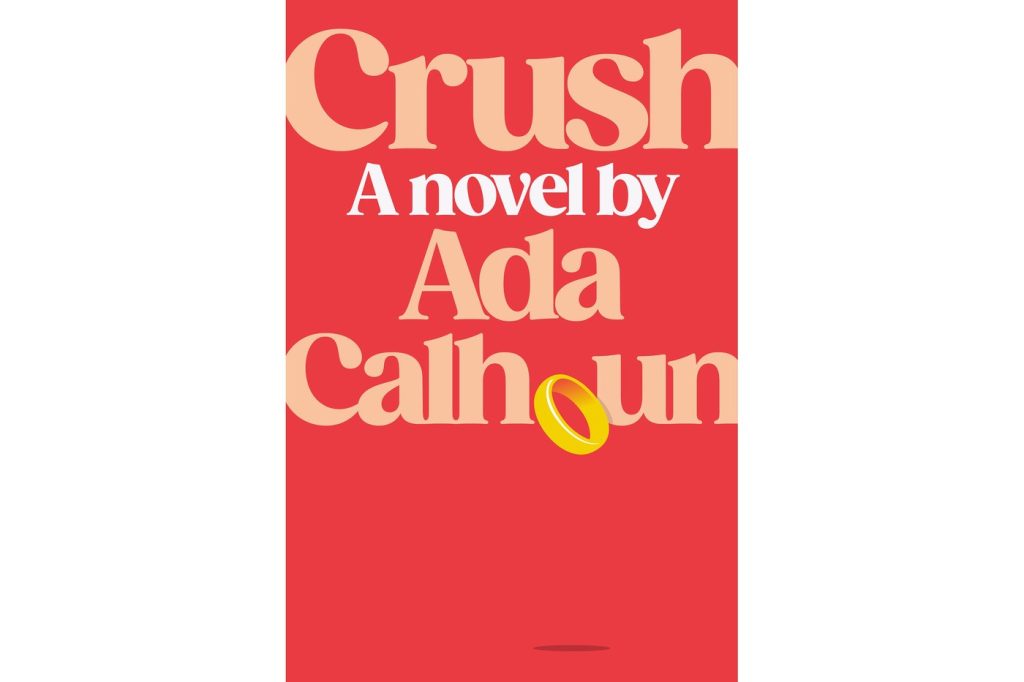Ada Calhoun's debut novel, "Crush," strays from traditional storytelling, presenting itself more as a thought-provoking personal essay on love and relationships. This unique narrative emerges in the wake of the COVID-19 lockdowns, which left many grappling with a profound sense of isolation and a lack of human interaction.
The central character, an unnamed narrator, embodies the universal longing for connection. Her journey begins when her husband, Paul, proposes that they open their marriage, allowing her the freedom to kiss other people. Initially hesitant, she embraces this new realm of sanctioned extramarital kissing, experiencing a rush of excitement and empowerment. However, things become complicated when she reconnects with her college crush, David. What starts as innocent encounters swiftly morphs into an overwhelming emotional entanglement that threatens the very foundation of her marriage.
"Crush" unfolds in a manner reminiscent of journal entries, resembling a close friend's long-winded recounting of personal experiences shared over phone calls. This informal, conversational tone draws readers in, allowing them to see the world through the narrator's eyes. The specificity of her experiences—her work in journalism, the death of her father, and her fellowship at a castle in Scotland—creates an almost voyeuristic intimacy. This blurring of lines between fiction and non-fiction invites readers to relate deeply to the narrator's hopes, desires, and vulnerabilities.
The narrative oscillates between a feel-good escapist tale and the sobering reality of its implications. It begins as a liberating story, evoking a sense of euphoria and reminding readers of the exhilarating highs of love and connection. Yet, as the plot progresses, the pace shifts, capturing the ebb and flow of emotional turmoil. Although some plot developments may be predictable, the engaging voice keeps readers invested, prompting them to seek clarity on how these foreseen events will unfold.
Calhoun's writing style strikes a balance between humor and seriousness, with moments of dry wit providing levity amidst the more somber themes. The narrative is enriched with cultural references, ranging from literary classics to contemporary streaming shows, which serve to ground the story in a relatable context. This ability to weave the specific into the universal allows Calhoun to explore the intricate puzzle of love in its myriad forms.
While "Crush" delivers ample ideas to ponder, it opens the door for further discussion, positioning itself as an excellent choice for book clubs and self-reflection. Readers are left contemplating the complexities of relationships and the myriad ways love manifests. The book's blend of joy and introspection offers a rich tapestry of emotions, making it a compelling read that resonates long after the final page is turned.
In essence, "Crush" showcases Calhoun's skill in capturing the multifaceted nature of human connections, making it an intriguing exploration that many readers can connect with on various levels.










